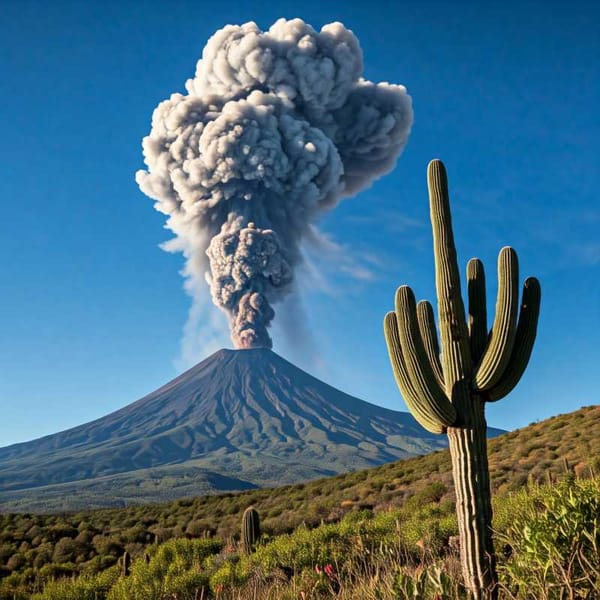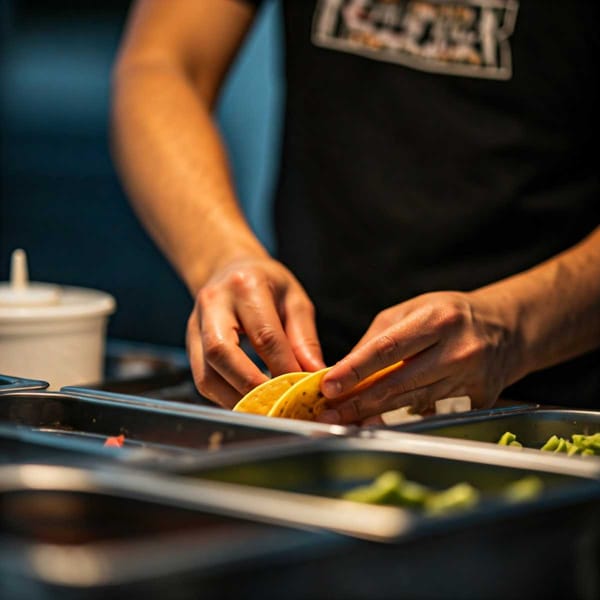Beer helps maintain a stable society
A team of archeologists recreated old brewing techniques to learn how beer "kept afloat" the Wari empire.

A team of archeologists recreated old brewing techniques to learn how beer "kept afloat" the Wari empire.


Mexico’s tacos, festivals and crafts aren’t just cultural gems—they fuel 2.9% of GDP (815B pesos) and 1.5M jobs. Heritage like Day of the Dead, rain rituals and artisanal crafts prop up the economy, proving tradition can be a financial powerhouse.

For 30 years, Popocatépetl (aka Don Goyo) has been erupting, baffling scientists who've studied it since before its 1994 reactivation. From mapping hazards to analyzing ash, their research has spanned decades, even involving a presidential briefing.

Urban planning is key to sustainable transport, says UNAM expert Manuel Suárez Lastra. Compact cities with mixed-use zoning encourage walking and cycling, reducing reliance on cars and their carbon footprint.

Mexico City's street food vendors are vital, comprising over 50% of food sales in some areas. Research reveals they offer affordable, traditional Mexican food, often healthier than supermarket fare, addressing food access issues in a city where many can't afford formal establishments.